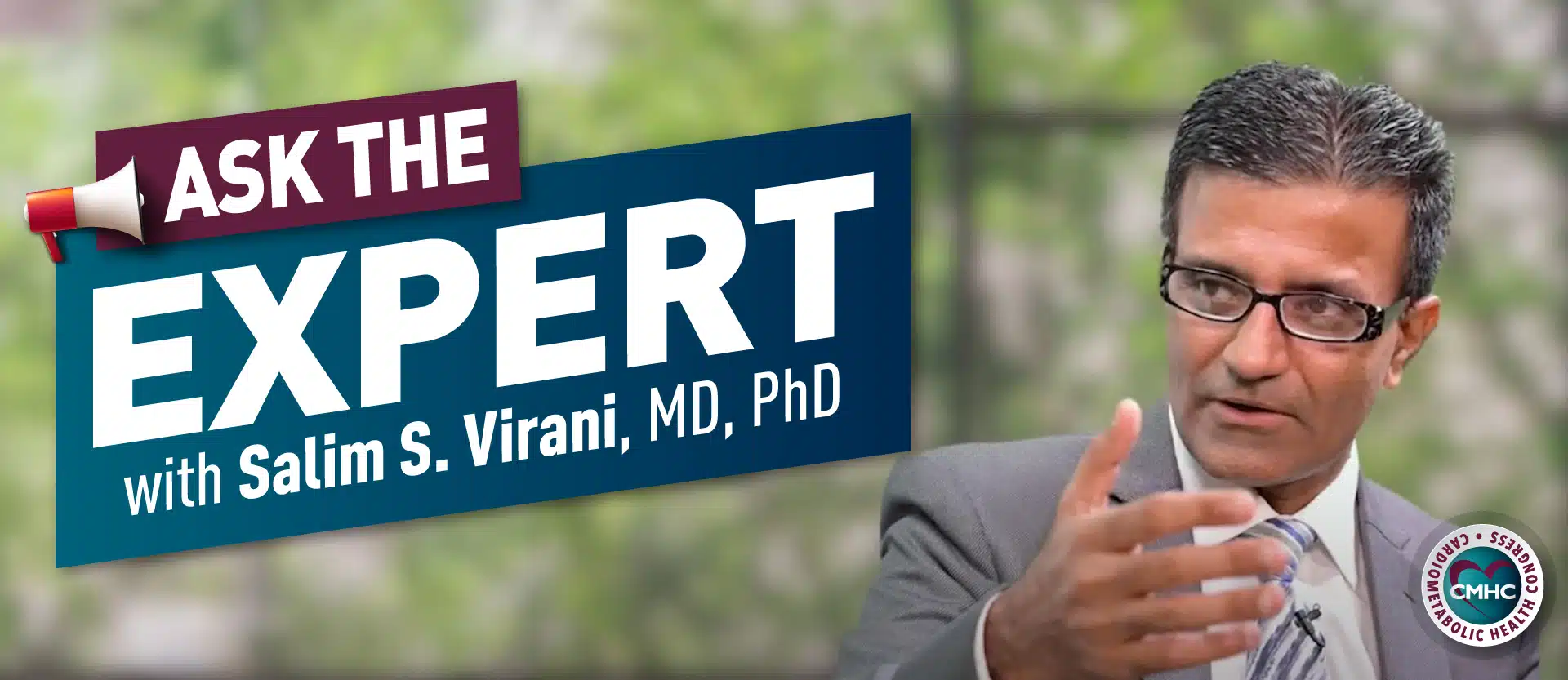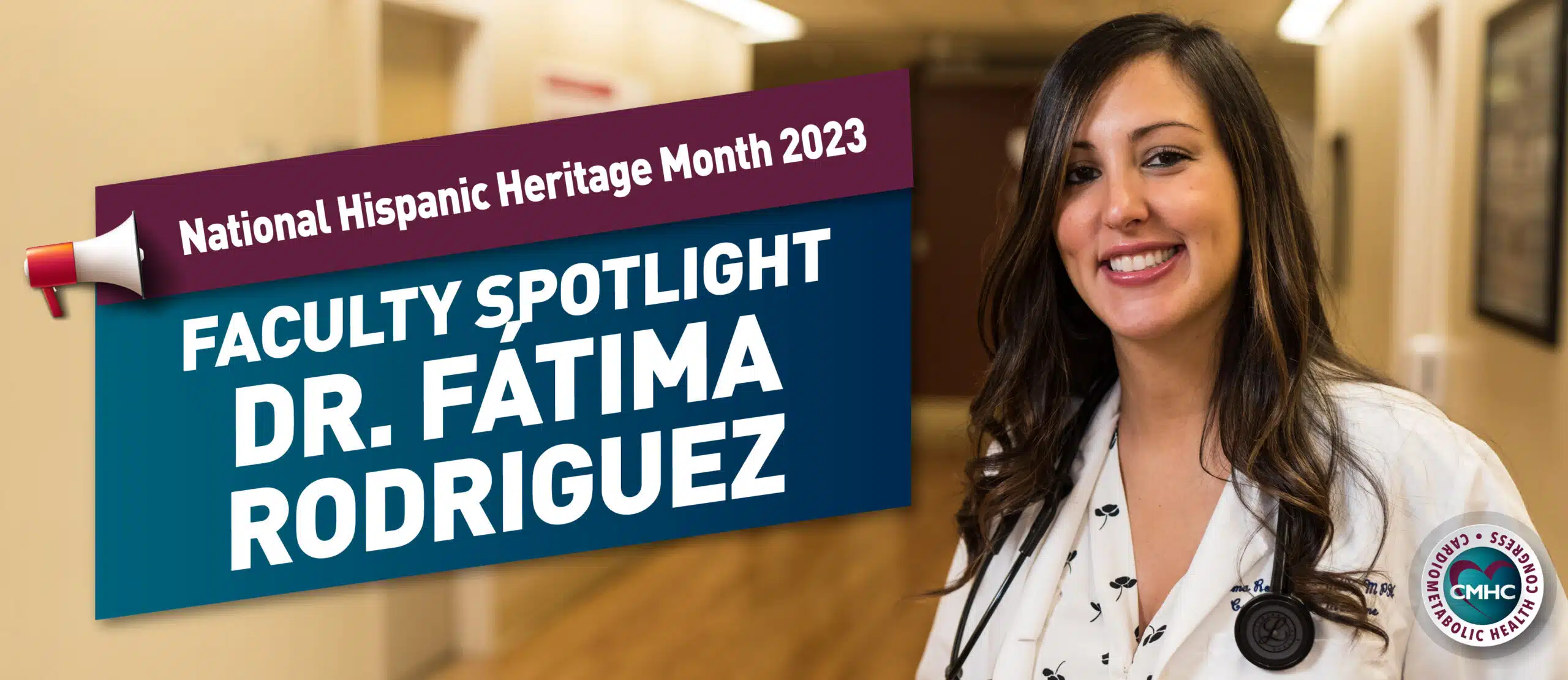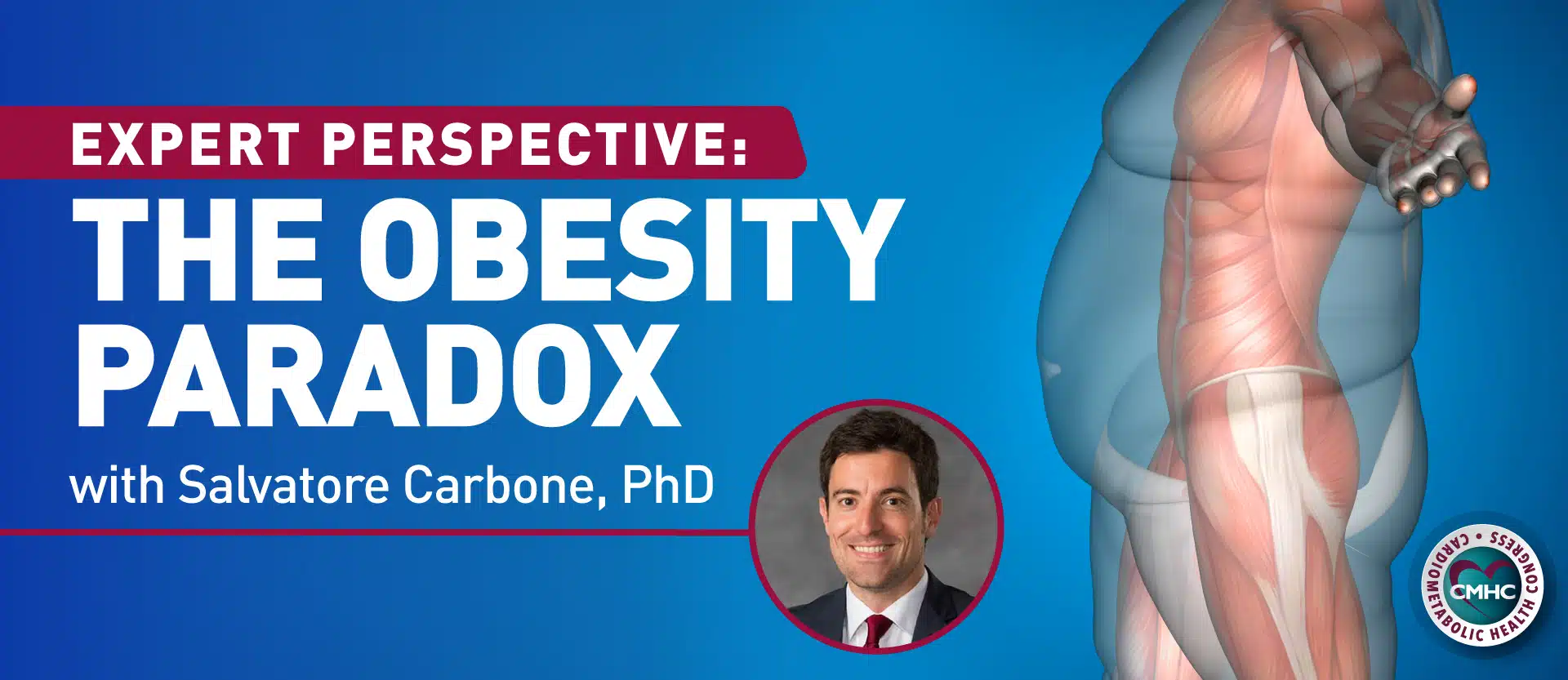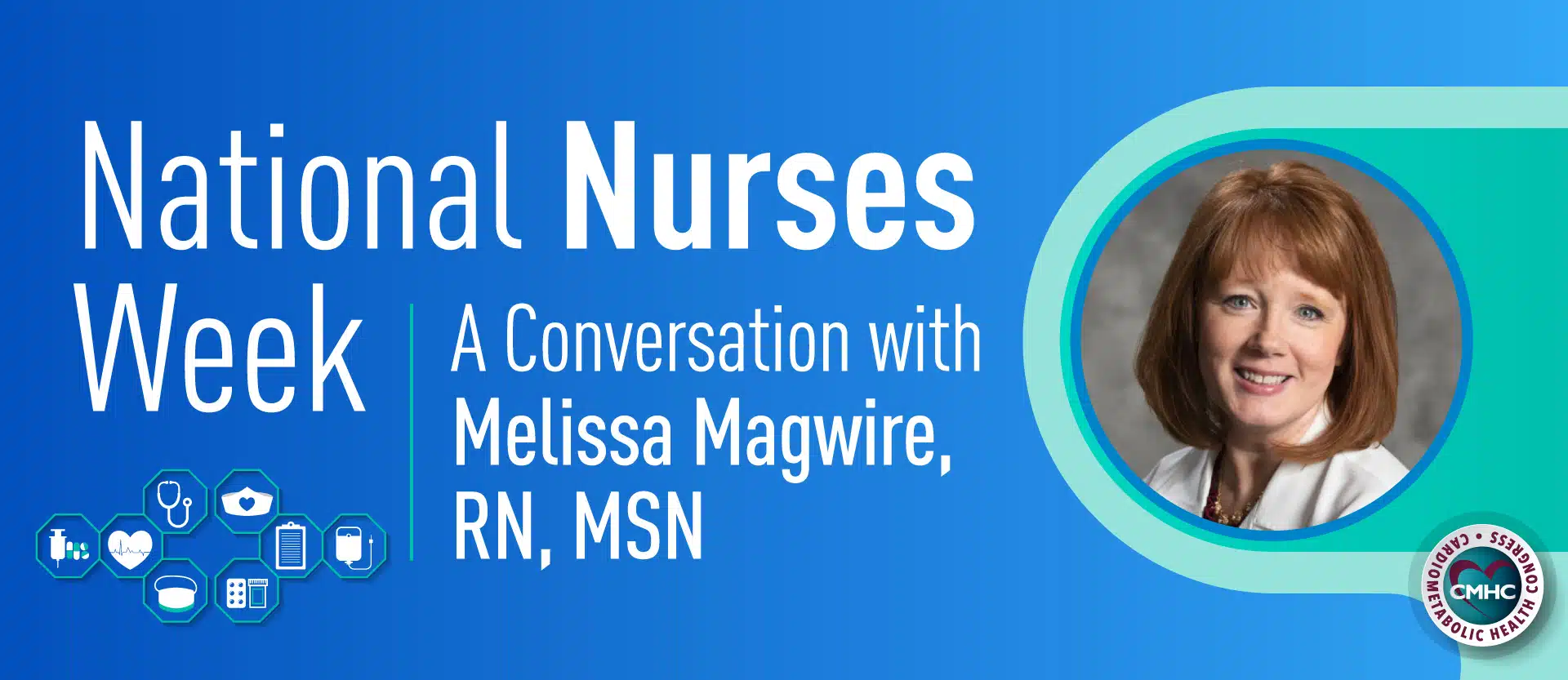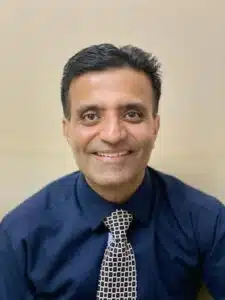
Cardiometabolic Health Congress (CMHC) sat down with Dr. Salim S. Virani to find out more about his early life, how his parents encouraged his education as a means to a fulfilling career as a physician, and his opinion on the role of things like the electronic health record, genetics, social media, and more in the context of cardiometabolic medicine.
What inspired you to become a physician?
Salim S. Virani, MD, PhD: Growing up in outside of the U.S., career choices were very few. You could either become an engineer or a doctor. I always had a great interest in biology and deeply enjoyed the subject. Also, I enjoy interacting with people, and what better way to interact with people and touch their lives than being a physician? Furthermore, as a researcher and an educator, I can do a lot of meaningful work together with my fellow researchers, colleagues, and mentees. There are very few professions where you can be involved in patient care, do research, teach, and at the same time make a good living, and these are great reasons to be a physician.
Who has had the greatest influence on your career?
Dr. Virani: I would say my parents and early teachers because I am the product of a family that moved through two countries. My family is originally from India, and they moved to Bangladesh because of financial constraints. Then war broke out and they had to move to Pakistan. So you can imagine it was a struggle for my family. My parents always told me something that they had learned over the years: you can lose everything, but as long as you have a sound mind, you’re still going to retain all the abilities that you have acquired through good education. Where I come from, education is not a right, but a privilege, and my parents, who unfortunately were not able to get very good education, sacrificed a lot and gave me all the possible resources they could so I could get a good education. Their sacrifices served as my biggest inspiration. I would also mention the mentors throughout my professional career. These individuals have given their time, expertise, and advice without expecting anything in return.
What area of research in cardiometabolic health interests you most now and why?
Dr. Virani: In the cardiometabolic space, most of my work has been in lipids, and I look at it from a little bit of different perspective rather than the therapeutic side of things. I obviously am quite involved in the therapeutic side, being part of the guidelines on how therapeutics should be used when it comes to lipids. But the other side of it where our team makes a contribution, is looking at it from a health care systems perspective using big data, as to what is the impact of new therapies and how are we doing in terms of delivering therapies that we know work in our patients. Being a cardiologist at the VA has been great because the VA has one of the strongest informatics platforms in terms of a health care system. The availability of big data, being able to work with great teams, and having had the opportunity to be mentored by some of the best in the field greatly facilitate this approach. This is an important area of focus for me: how can big data guide and inform us in terms of where we are, what we know and where we can go with the new therapeutics that are being developed?
What do you think is going to be the next big thing in your field over the next decade?
Dr. Virani: At the patient level, I think medicine is going to get more and more precise and personalized based on a patient’s characteristics, and here I don’t mean just genetics. Factors like where patients live and how they interact with the medical community, in addition to their genetic makeup, will be important. How can you precisely use medications in one person or the other? That is a very exciting area. We’ve been talking about it for decades now, but I think we’re definitely in a much better position to apply this today and in the near future.
At the health care systems level, the conversation is going to be about what systems can do to assist clinicians in delivering care that is guideline-directed. So what cognitive support can be given so that health care systems can survive through electronic medical records (EMR), because EMR has become very detailed, and how can we simplify it to the point where it is not a deterrent but actually something that creates more opportunities for clinicians to better take care of patients? This includes providing point-of-care support, solutions and tools to guide clinicians to better know the patient in front of them, and how to optimize care in this patient in the best possible way.
Lastly, I think (and I hope) that there will be a lot of work that will happen in the next decade or so in terms of clinicians’ understanding of how patients interact with social media and what are the implications of it since we know that a lot of patients use social media and so do a lot of clinicians. How can we optimize that to the point that the information that each of these stakeholders receives is reliable and something that helps in the therapeutic plan versus creating controversies that may not be really driven by actual data?
What do you consider your greatest achievement?
Dr. Virani: I think of opportunities and achievements the same way, since they both add value to our lives and help us improve. I would choose three. One is being part of some of the practice guidelines where you get the opportunity to work with real giants in the field and learn from them. Second is the ability to be mentored by some great mentors and then being able to mentor our fellows in training and junior faculty. Third and perhaps most important, being able to use what I have learned here in US to make a very small dent to improve the quality of life for communities in low-middle income countries. Those are some of the biggest rewards I’ve had thus far in my academic career.
What are your hobbies outside of medicine?
Dr. Virani: I do a fair amount of reading on a variety of topics. Reading that can help explain why we as human beings do what we do, and that’s one area that I’m very interested in. I definitely like to watch sports. I do watch basketball and football, but I am definitely a cricket fan, and I try to follow cricket very closely as much as I can. I also do quite a bit of community work both in my local community and as a medical volunteer in other countries, and I do that on a very regular basis. For me, it is important to volunteer my time and make sure that I give it back to the community where I’ve gotten so much from.
What is your motto or philosophy?
Dr. Virani: I don’t have a mantra per se, but I think that we’re all very fortunate to be living in a country where anything and everything is possible. Living in the U.S., we all have the possibility to achieve what we want to do, because opportunities will be there if we are willing to work hard and ask the right questions. So, I always remind myself whether I’m asking the right questions. Is this really what I want in life? If the answer is yes, I’ll try very hard to achieve it and do it on a consistent basis. I personally believe that although creativity and innovation are important, a lot of what we are able to achieve and contribute to is actually dependent on doing the right things that we know work and doing them on a consistent basis.


